Meditation — An Ancient Panacea for Our Modern-Day Challenges
An Interview With Brother Achalananda
Part 1
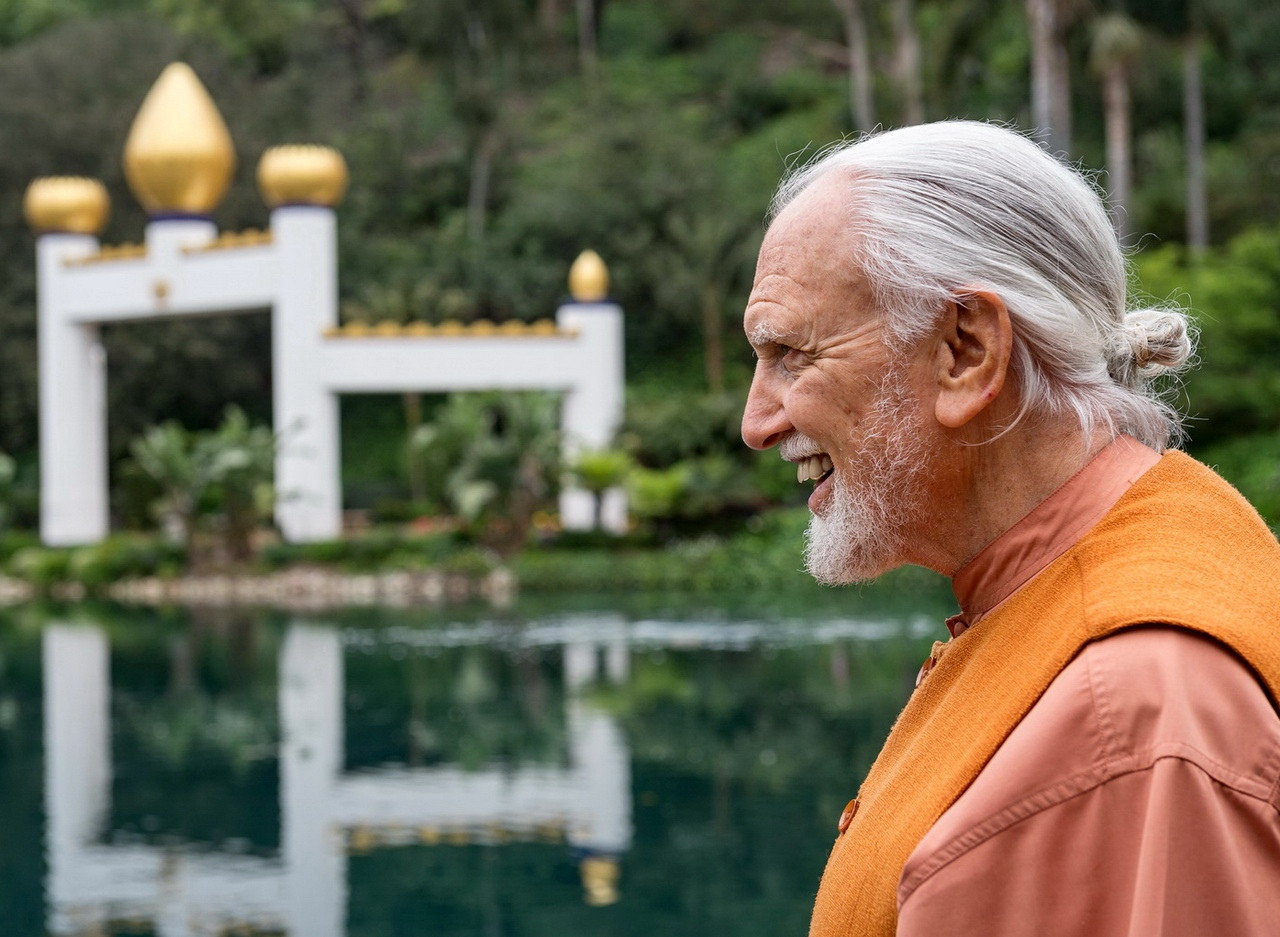
Some months ago the SRF Blog staff interviewed Brother Achalananda, vice president of Self-Realization Fellowship and monk in Paramahansa Yogananda’s ashrams for more than sixty-five years, at the SRF Lake Shrine in Pacific Palisades, California. The topics ranged from the world situation to individual spiritual efforts. Though the interview took place shortly before the COVID-19 pandemic, Brother Achalananda’s replies are no less relevant now and we hope they provide guidance and encouragement for facing the current global challenges.
Interviewer: What do you see as the greatest problem facing humanity in the world today?
Brother Achalananda: The greatest problem is that too many people have forgotten God. It’s quite simple. They’ve become too involved in creation, with all of its technological gadgets and apparent freedoms.
We’re living in a very difficult time. Paramahansa Yogananda actually said the age we are living in is the most dangerous period in the cycle of planetary evolution from the low material age to the high spiritual age. This is because we are getting the power to control nature and release its great hidden energies, but we are not progressing enough spiritually to use them properly. An example of this was our ability to create the atom bomb — we’ve learned how to harness all the power that’s in just one atom, and what do we use it for? To blow other people up.
Yet, there is also a very hopeful side to the age we live in, and that is that the greater understanding of energy that we have today has made it possible for the ancient science of Kriya Yoga to be reintroduced after being lost to humanity in general for centuries during the material age. I’ve often said that Kriya Yoga — which enables us to withdraw the energy, and so also the consciousness, from the senses and direct it within — is a powerful inner “technology” that we can use to accelerate our spiritual growth. The growing interest in it today in all parts of the world offers great hope that the human race will learn to balance its use of material science and technology with spiritual development.
There are essentially two things that all people in the world are looking for: They want to be happy and they want to be loved.
I: As an SRF minister, you have counseled many, many spiritual seekers over six decades. Based on this experience, do you think that the challenges faced by today’s seekers are markedly different than those faced by the seekers of, say, fifty years ago?
BA: Basically the challenges are the same — I don’t think they really change. There are essentially two things that all people in the world are looking for: They want to be happy and they want to be loved. It’s as simple as that. But most people don’t know how to go about getting happiness and love. That’s why you see so little happiness and love in the world today.
Meditation brings a great sense of inner happiness and joy. One time I was giving a talk at a small meditation group, and one of the SRF devotees there was from Germany and had brought two friends that also were from Germany. He had explained to them that I was a monk, and he told me later that on the way home they had said to him: “Are you sure that guy is a monk? He seemed too happy to be a monk!” They had the concept that if you had to renounce all these outer pleasures of life you would not be happy. But they didn’t realize that renunciation does not mean giving up all the pleasures of life; and second, if you are meditating and getting results from meditation — feeling that great love or bliss from God, or even just some peace sometimes — that is very encouraging and a source of happiness.
But some have the concept that going into a monastery entails a grim life. Even Yogananda, when he first went into his guru’s ashram as a youth was so serious and so intent that Sri Yukteswarji said to him one day rather pointedly, “What is this? Are you attending a funeral ceremony? Don't you know that finding God is the funeral of all sorrows? Then why so glum? Don't take this life too seriously.” Meditation helps one to do that — to be intensely focused but not so caught up in the outer drama. Then it’s much easier to give love to others.
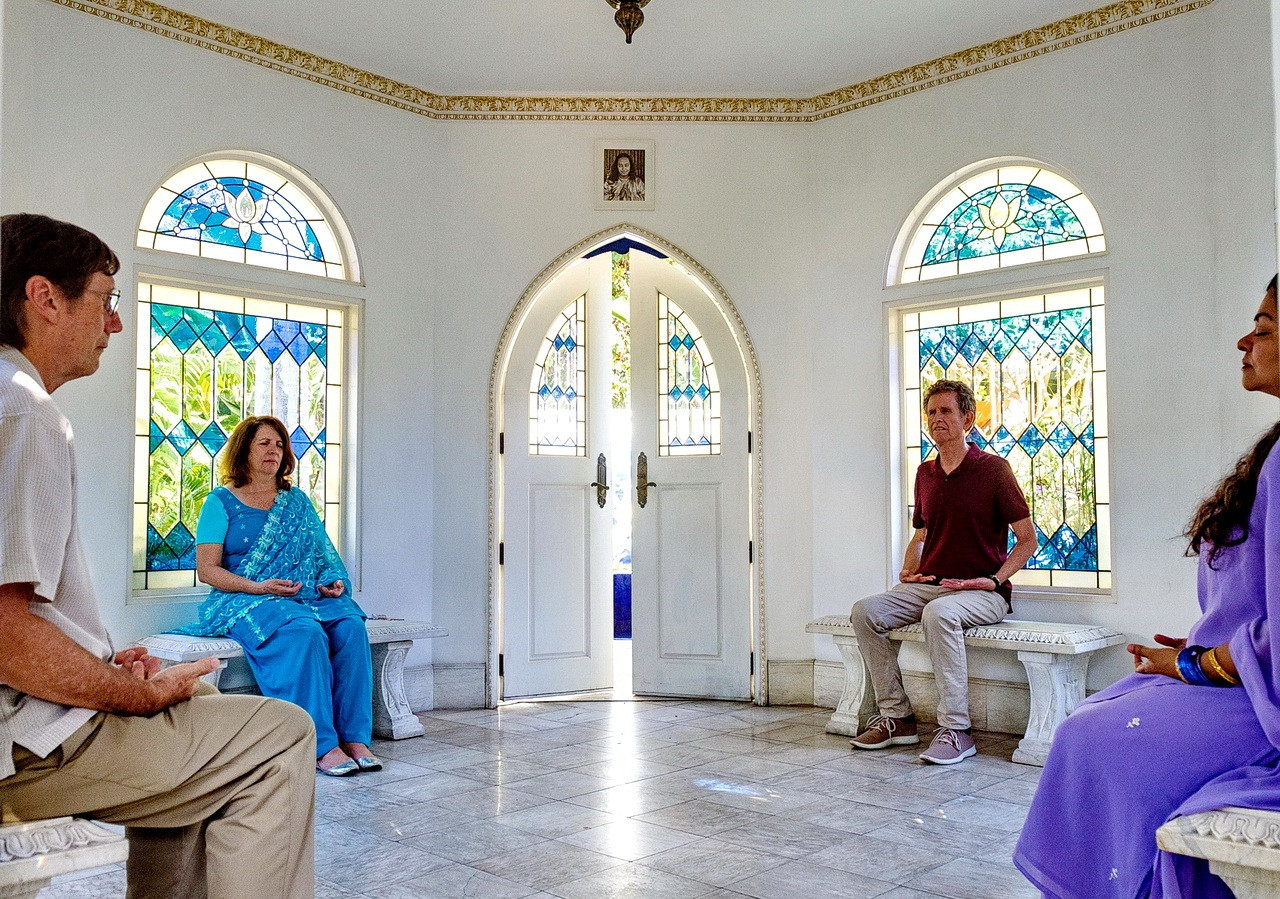
I: SRF promotes meditation as the most important and effective way to make spiritual progress. What would be your reply to someone who asks, “Why meditate?”
BA: I would say they should meditate because it can help them to achieve something in their life that they’re not getting without meditating: a greater sense of peace, more understanding of themselves and also other people, and more understanding of how creation works and what the purpose of life is. And if we don’t have that understanding, we usually make a lot of blunders.
What is the purpose of life? The purpose of life is to know God. Now how many people understand that? Very few, probably. And yet, Yogananda says, that’s the actual purpose of life, because eventually as souls we have to go back to Spirit, from which we have originated. We can either go quickly or slowly — that depends upon us. Paramahansaji emphasizes that meditation is the quickest way to know God.
Another, and very practical, reason for meditating: Whatever job you have to do, it will help you to do it better. If you’re calm, if you don’t let your emotions run away from you, you can do your job better. The good things that come from meditation and trying to advance spiritually also make you more effective on the plane of material activity.
(This is the first part of a three-part series.)


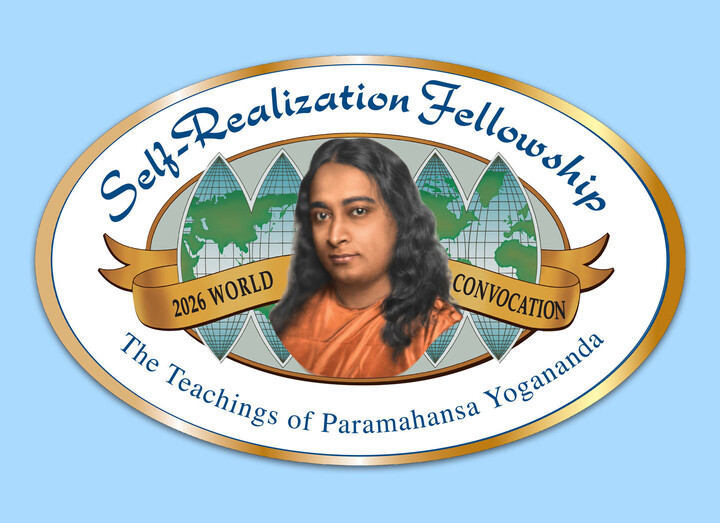
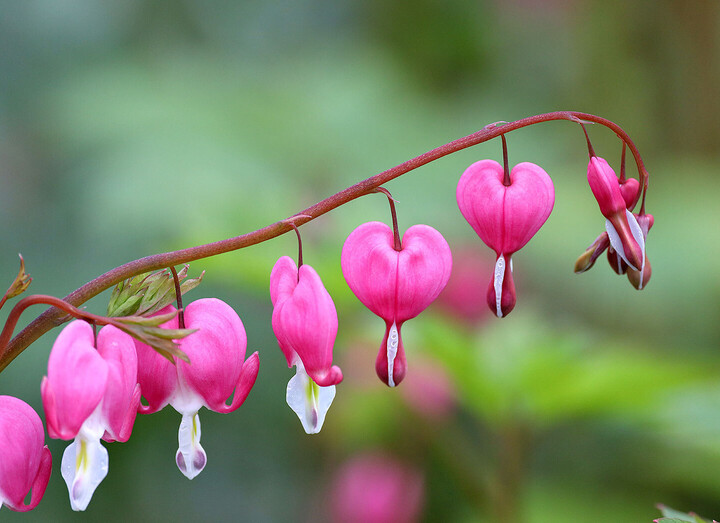
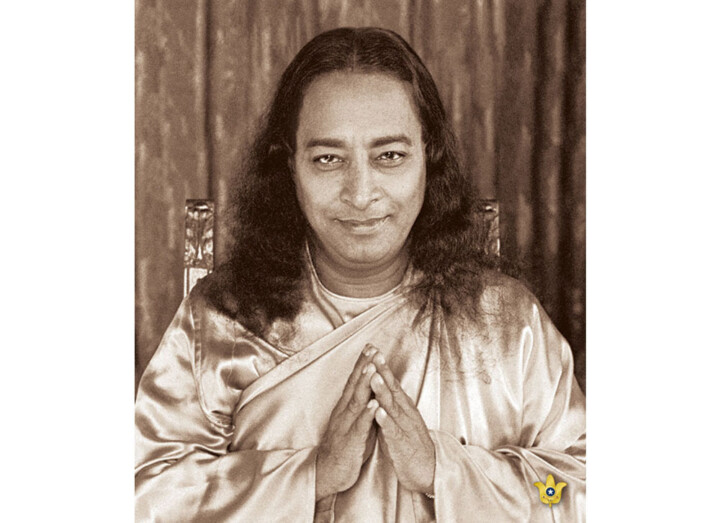
Leave a comment